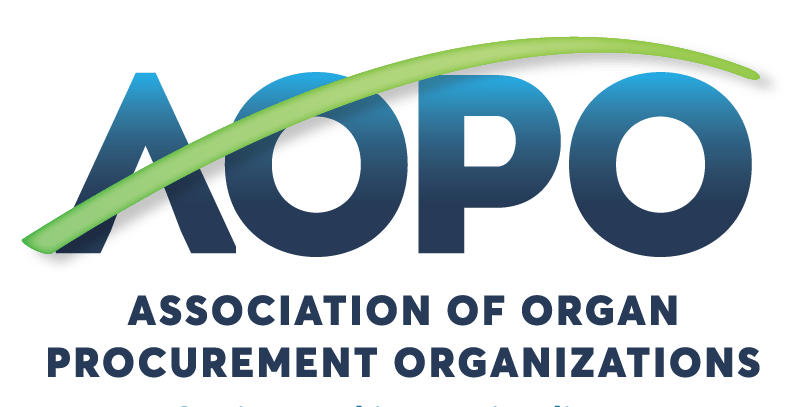North Carolina’s largest organ and tissue recovery organization, HonorBridge, announced that 2019 was a record-breaking year for saving and healing lives for organ and tissue donation and transplantation. A record 265 deceased organ donors provided 811 organs for transplants last year. This was a 37% increase in organ donors and a 32% increase in organs transplanted over 2018. Additionally, HonorBridge increased total tissue donors 14% to 1,278 and increased total tissues recovered 24% to 2,467, both new records.
In 2019, HonorBridge’s Heart Heroes legislation became law on October 1, after being adopted by the General Assembly and signed into law by Governor Cooper. Now, the red heart on North Carolina drivers’ licenses and IDs includes tissue donation, along with organ and eye, and represents one’s legal decision to be a donor. A record number 1,352,973 North Carolinians registered their donation decisions through the DMV last year.
According to HonorBridge’s President and CEO, Danielle Bumarch, RN, JD., some growth in donation is being driven by more people registering their decisions at the DMV and online, the donors’ next of kin authorizing donation, and drug-related overdoses. Additionally, there has been a significant increase in the recovery of organs for transplant from donors after circulatory death (DCD).
“I am proud of our accomplishments and our abilities to facilitate these generous gifts of life,” said Bumarch. “This was a team effort to save lives that includes our staff, board of directors, donor hospitals, transplant centers, DMV, and most importantly the selflessness of our donors and our donor families.”
Nationally, HonorBridge joins other recovery organizations that have experienced increases in organ donors that projects to be nearly an 11% increase over 2018’s all-time high. During the past two decades, U.S. organ donation has doubled to enable nearly 40,000 organs to be transplanted.
“These numbers are a testament to those who say “yes” to donation and all the partners that work so hard to make donation and transplantation possible,” said Bumarch. “Yet, more must be done such as increasing the rate of North Carolinians who have registered their decisions to become donors (56.3%), which is below the national average (59.26%) and eliminating the waste of declined kidneys by recognizing the value of transplanting viable organs from complex and increased risk donors.”
Nationally, over 113,000 men, women and children, including more 3,000 North Carolinians, are waiting for life-saving organ transplants.
“Though 2019 was extraordinary,” stated Bumarch, “HonorBridge is ready to save even more lives in 2020.”



